![[Translate to English:] [Translate to English:]](/fileadmin/_processed_/0/7/csm_418_FIN_Comment_aider_vos_proches_fb09bfdab1.jpg)
With the replacement of the physical Token by the LuxTrust Mobile application, borrowing the Token from your parents or any other person to make their payments or bank transactions is no longer possible. It is simply not legal. Using someone else's Token, even with their consent, is comparable to borrowing an identity card, which is strictly forbidden. Payments can still be made, but in a more secure and legal way. We give you some advice on how to do this in this article.
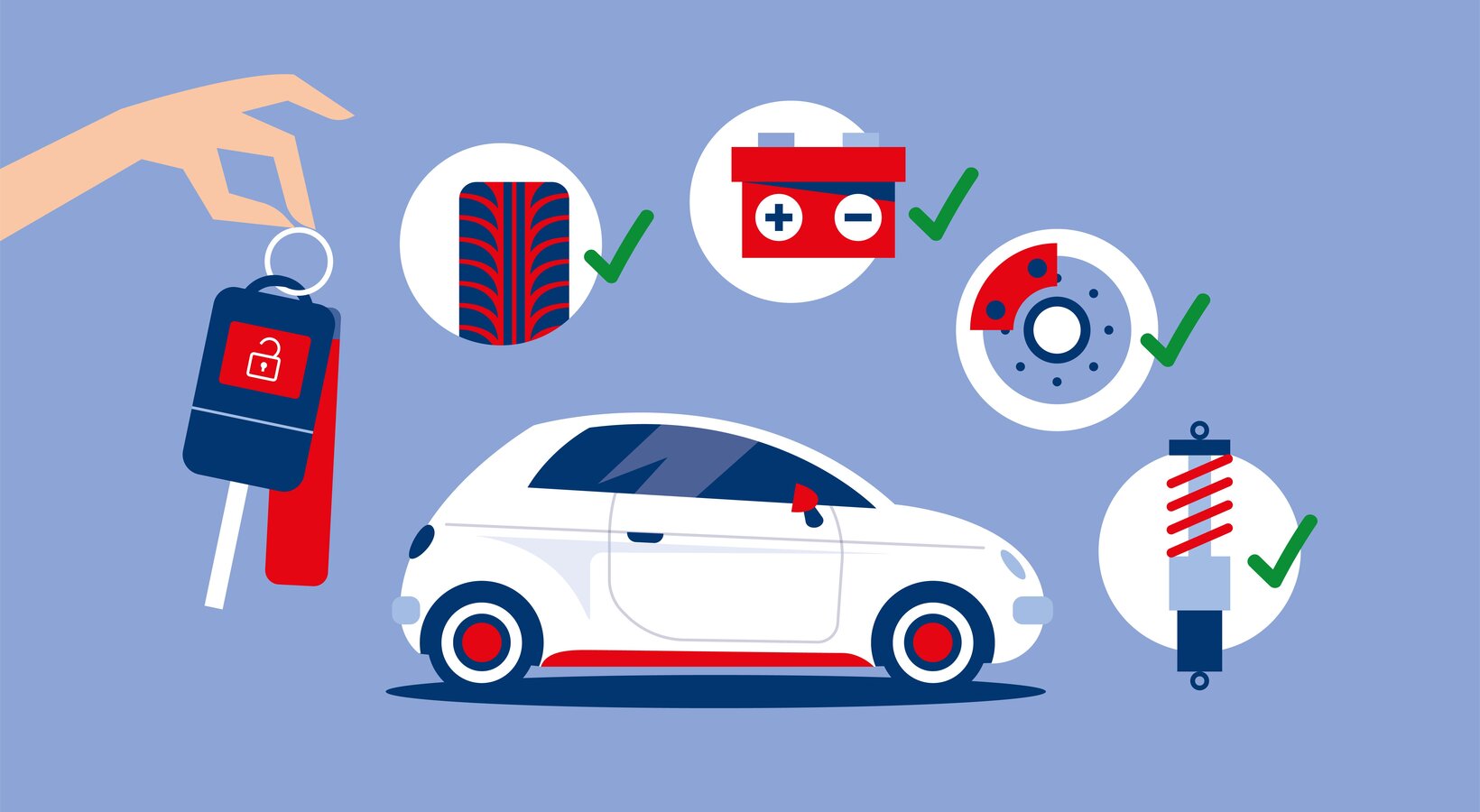

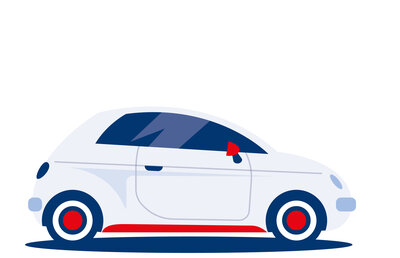
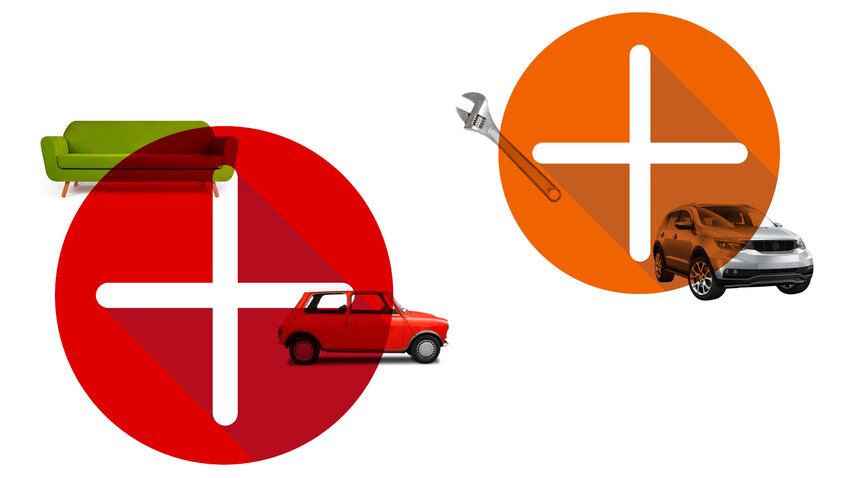
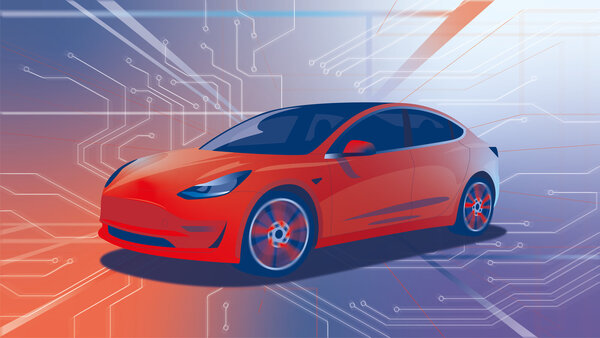
![[Translate to English:] [Translate to English:]](/fileadmin/_processed_/5/0/csm_411_Les_Tendances_des_Fraudes_29be2adc13.jpg)
![[Translate to English:] [Translate to English:]](/fileadmin/_processed_/8/1/csm_image_plan_de_financement_BCEE_059bfe194a.jpg)
![[Translate to English:] [Translate to English:]](/fileadmin/_processed_/c/5/csm_panneaux-photovoltaiques-349_1c98b3cc3a.jpg)
![[Translate to English:] [Translate to English:]](/fileadmin/_processed_/7/d/csm_386_FIN_Les_avantages_de_renover_votre_bien_en_2024_a70f710ec8.jpg)
![[Translate to English:] [Translate to English:]](/fileadmin/_processed_/9/8/csm_385_FIN_pourquoi_est-il_avantageux_dacheter_en_2024_25mars24_6ba7d3f3d5.jpg)
![[Translate to English:] [Translate to English:]](/fileadmin/_processed_/9/8/csm_384_S_M_Google_Pay_eba9cd7de2.jpg)
![[Translate to English:] [Translate to English:]](/fileadmin/_processed_/2/1/csm_375_FIN_payer_ses_vacances_carte_credit_f1a93aa74d.jpg)
![[Translate to English:] [Translate to English:]](/fileadmin/_processed_/6/c/csm_367_FIN_S-Pension_non_residents__1__7ed60e51c2.jpg)
![[Translate to English:] [Translate to English:]](/fileadmin/_processed_/3/1/csm_SP_147_illustrations_blog_janvier_-_epargne_prevoyance_veillesse_jeune_b6e2125af0.jpg)
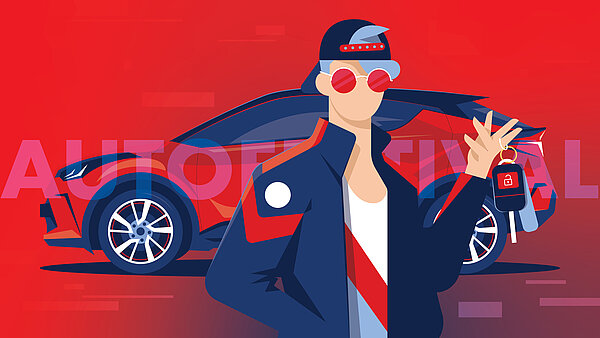
![[Translate to English:] [Translate to English:]](/fileadmin/_processed_/8/9/csm_363__Money_Mules_da2338feb4.jpg)